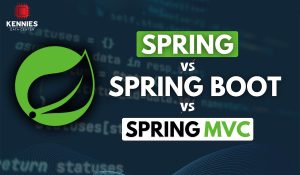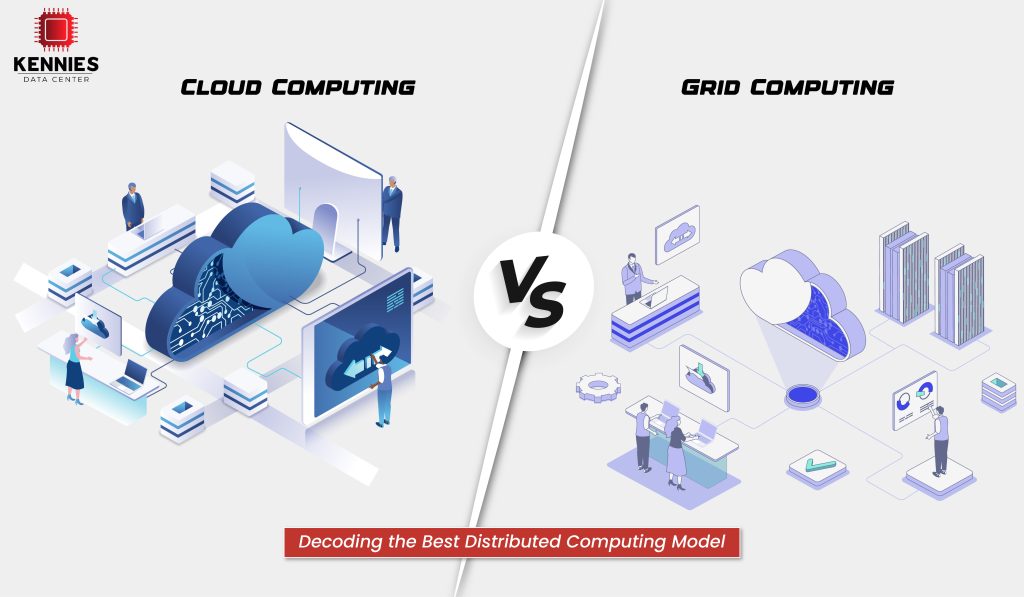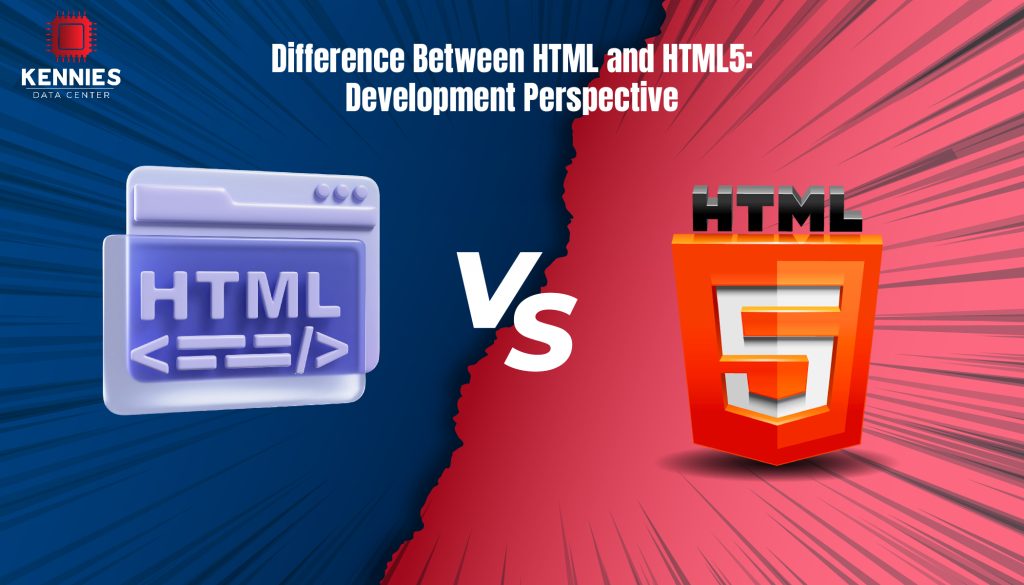
Spring is a framework of Java Programming language which has different purposes. But, wait? What Is A Framework? A Framework is a re-usable designed solution for software systems that works for code libraries and several scripting programming languages. A Framework is something that minimizes manual actions to make programming simple. There are several frameworks for Perl, PHP, Python, Java, Ruby, and other languages. Each software framework is built with reusability ideas of the codes to offer tools that help programmers develop and add various components of a software project.
Now, let’s turn our attention to a Java Framework, Spring! A Spring framework is lightweight and we can specify it is similar to framework of frameworks due to its offering to several frameworks like JSP, Hibernate, Struts, and others. The first version of the spring framework was written by Rod Johnson in 2002 and the framework was first launched in 2003. Let’s understand Spring vs Sprint Boot vs Spring MVC!
What Is Spring Framework?
Spring is a Java framework which is mainly used for large scale enterprise applications. Enterprise-scaled applications comprises difficult and complex configurations which make them difficult to build, many components and technologies that need configuration and lifecycle management. This may include data persistence, RESTful APIs, unit testing, and website development. Unlike Java EE, Spring offers infrastructural support on application level, offering developers to focus on building business login without worrying about some deployment environment.
What Is Spring Boot?
Spring boot is just like a Gen-Z kid who is stubborn and needs everything in a spoon! I was just making it normal rather than being serious:) Whenever one needs instant results or something fast, Spring Boot can solve the challenge. It is built on top of the conventional spring framework which offers all features of spring framework but in an easy and instant way.
Spring Boot is a micro-service based framework that makes production ready applications in less time. In spring boot, everything is auto configured where users need to use proper configuration for using any functionality. It is mainly used for instant application creation that doesn’t need complex configurations at all.
Unmatched Player: Spring MVC
Spring MVC acts like a mother who knows everything and can cook everything with perfection. Mainly it is preferred to be used in web applications that need detailed procedure. For instance, you are scrolling an e-commerce website and adding products to your wishlist, the model will take your request to add it. Following with taking this command as a request to show users for business logic and better user interface. Now, the controller is going to manage view & model’s notifications to build a robust and seamless experience.
Differentiating Spring vs Spring Boot vs Spring MVC
| Attribute | Spring Framework | Spring Boot | Spring MVC (Model View Controller) |
| Purpose | Common Usage For For Enterprises Java Application | Smoothens Development & production deployment | Mainly used for creating web based application |
| Configuration | Extensive Configuration (some files that need to be setup) | Minimal Configuration (prefers conventional over configuration) | Moderate Configuration is needed. |
| Flexibility | Spring Framework is highly flexible | Requires opinionated defaults | Partially flexible for web applications |
| Learning Curve | Steeper due to broad features and needed configurations | Easy to learn and get started instantly | Moderate, Ideally for developers familiar with web development. |
| Boilerplate Code | More boilerplate code because of wide configurations | Decreased boilerplate code; follows convention over configuration | Moderate Boilerplate code for web components |
| Development Speed | Reduces Due To Detailed Configuration | Made for faster and instant result creation | Moderate; require some time to create but makes it worth |
| Community Support | Large & established | Growing Community Support | Established Community Support |
Spring Framework Or Spring Boot?: Benefit Comparison
| Used for all application development layers | Cut down manual efforts and need of complex application development |
| Lightweight considering POJO Formula | Smart dependencies that facilitate & configure applications |
| This supports Loose Coupling & Easy testing | Automates Spring Configuration |
| Supports Declarative Programming, XML, and annotation configurations | Health Reports, Metrics, and other reports could be configured |
| Provide Middleware services | Pre-configuration that needs simple functionality but gives efficient result and aligns both two dots (Framework and Boot) |
| Builds Serverless Applications | Can be Used To Create Standalone Applications |
| Scalable Microservices | No Deployment of WAR Files |
| Secures Server-side of application | Fast & Instant To Launch |
What To Choose: Spring vs Spring Boot vs Spring MVC?
Spring Framework and Spring MVC both need coding and time, but in case of instant results, Spring Boot can use all functionalities in the standard Spring framework with time saving. But, for enterprise applications or large applications, the Spring framework and MVC plays a crucial role. Thus, this depends on the requirement and situation. When there is a need for instant results, Spring Boot can be used! When there is a case of deep analyzed outcome, Spring Framework or MVC will play a vital role.
Concluding With Our Ideas
We hope we have successfully made you understand about Spring vs Spring boot vs Spring MVC including their functionalities and others. With our article, our aim was to build connections among our readers deeply on Spring Framework which is considered to be a lightweight framework on Java. Thus, each variant of this programming language has its own benefits and drawbacks, we would like to brief our readers that this has been used by many developers due to increasing enterprise and large-scaled applications.









